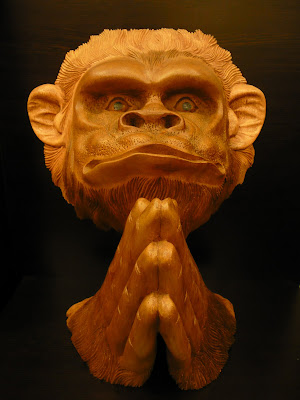.
吊民伐罪, 周发殷汤。
Diàomín fázuì, zhōufā yīntāng。
.

吊 (console) 民 (people) 伐 (attack) 罪 (crime)
Oops, I did it again. This is the correct line 13 while the last post was actually line 14. Sorry ya. This phrase means consoling the people by punishing the wicked. Evelyn Lip said this is recorded in the Book of Mencius (BC 372-289) 孟子 Mèngzǐ . Mencius was a philosopher and Confucian scholar. Mencius felt that the Emperor should relieved the people’s hardship by eliminating corrupt and oppressive officials.
周 (circumference) 发 (emit) 殷 (rich) 汤 (soup)

Although I have put the individual meanings for the 4 characters above, they actually referred to names of supposedly good rulers who overthrew tyrants. King Wu of Zhou (1046-1043 BC) 周武王 zhōu wŭ wáng also known as 周发 Zhōufā defeated the last Shang king Di Xin 帝辛 in the “Battle of Wild Herds” 牧野之戰 mùyězhīzhàn where the tyrant’s own soldiers and slaves changed sides to fought against him. King Wu was assisted by his able prime minister and strategist Jiang Ziya 姜子牙 Jiāng Zǐyá.
It was said that King Di Xin was a good king until he became besotted with his cruel and evil concubine Daji 妲己 Dájǐ. This became the most famous Chinese tale of how a beauty caused the downfall of an empire. I will write more about this bewitching beauty in the near future.

Yin Tang (1675 BC-1646 BC) 殷汤 yīntāng refers to King Cheng Tang of Shang dynasty who became the first emperor of the Shang dynasty when he defeated King Jie 桀 Jié, the last ruler of the Xia dynasty 夏朝 Xià Cháo. According to one story, King Jie was corrupted by his infatuation with his concubine Mo Xi (妺喜; mòxǐ), another cruel beauty. She got the king to make a lake of wine and commanded 3,000 men to drink it dry and laughed when they all drowned. Both kingdoms brought down by a beautiful woman and it is ironic that the Shang dynasty rose and fell because of a beautiful woman.
.










